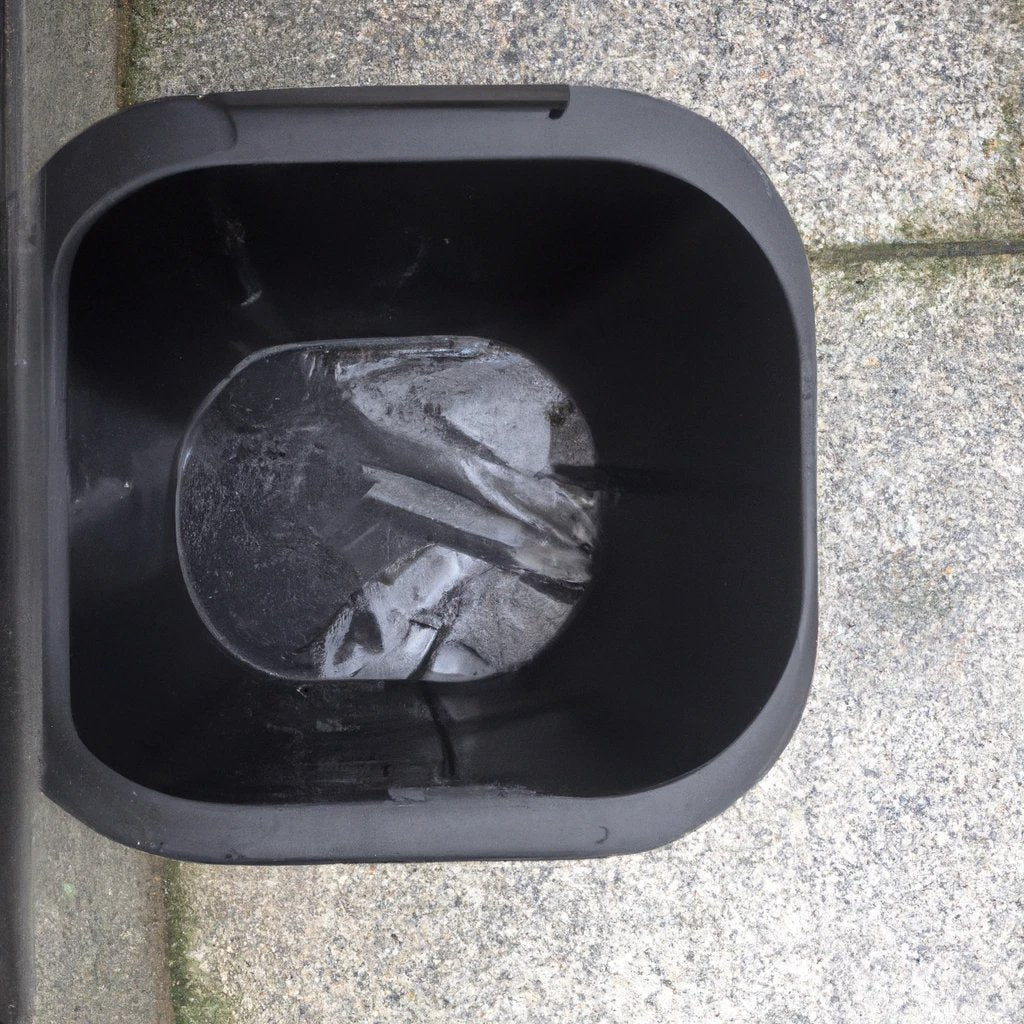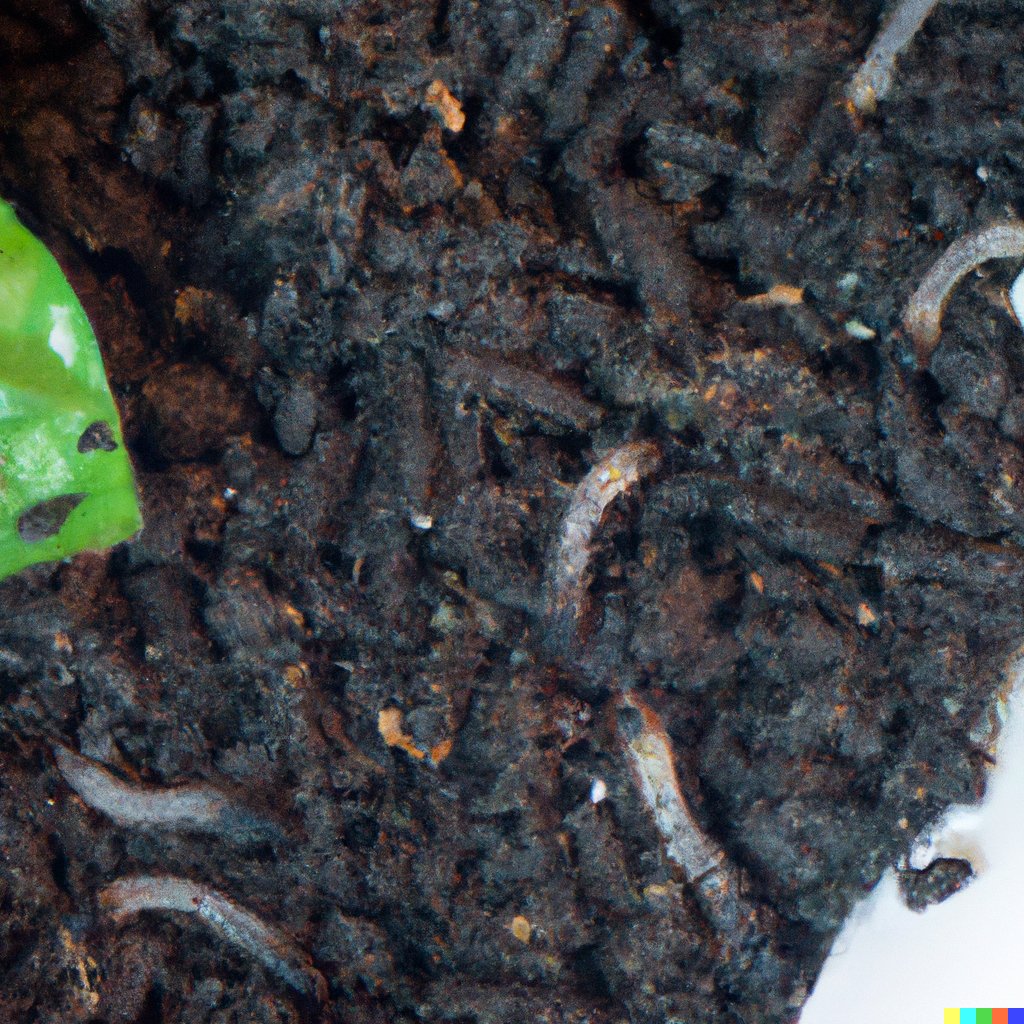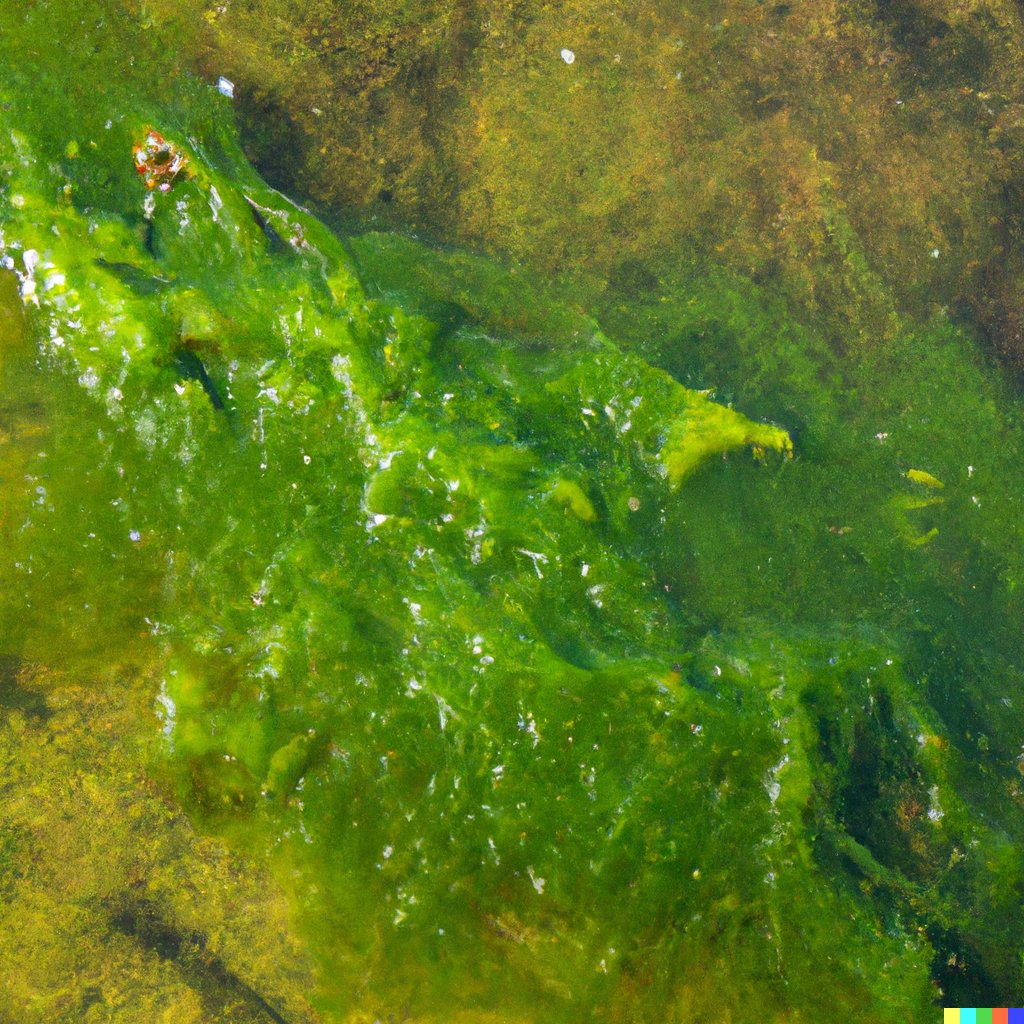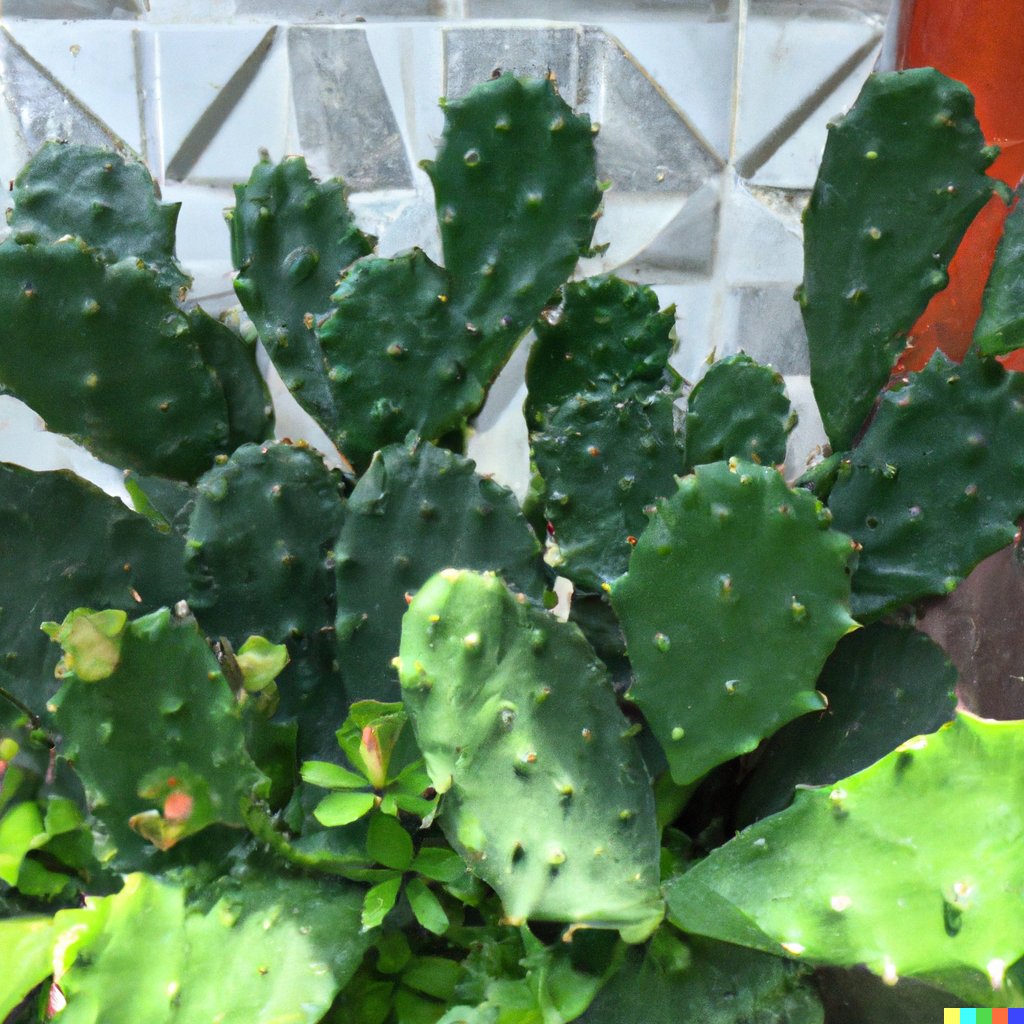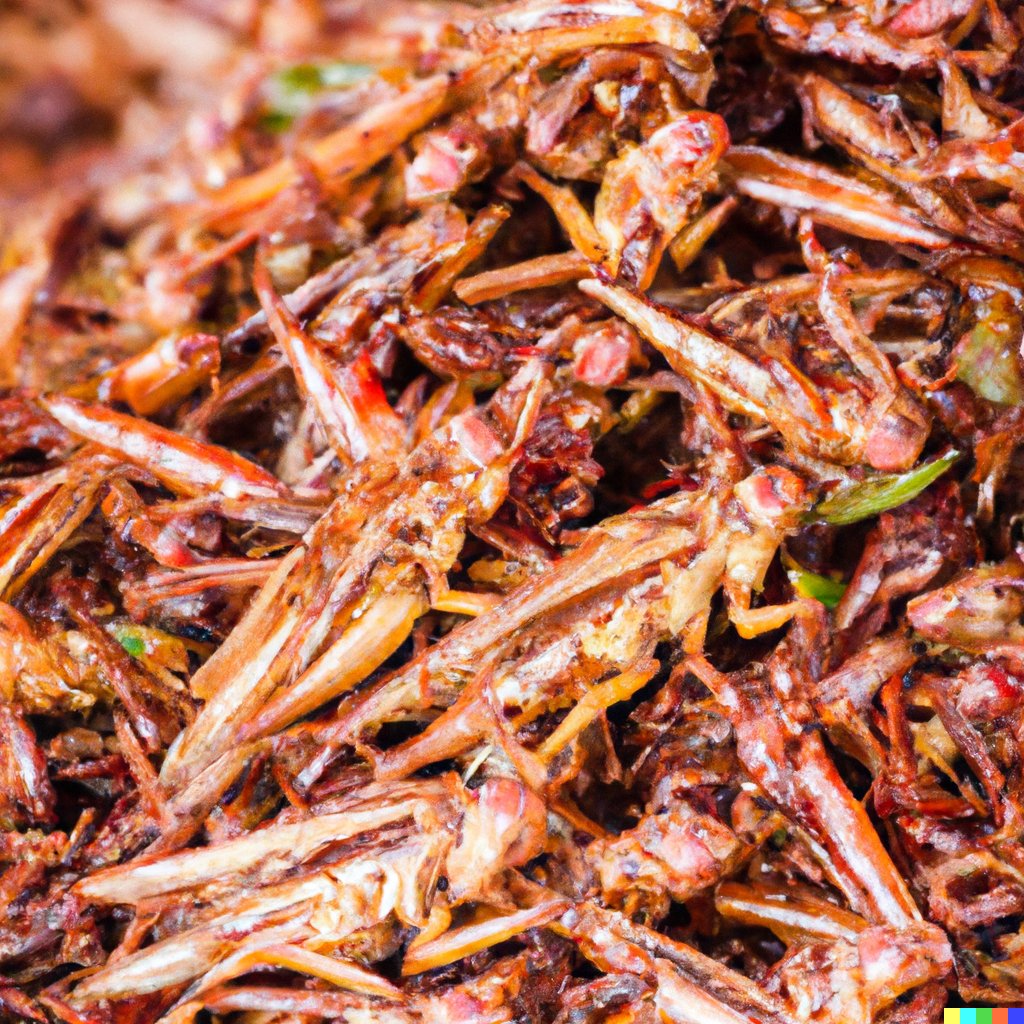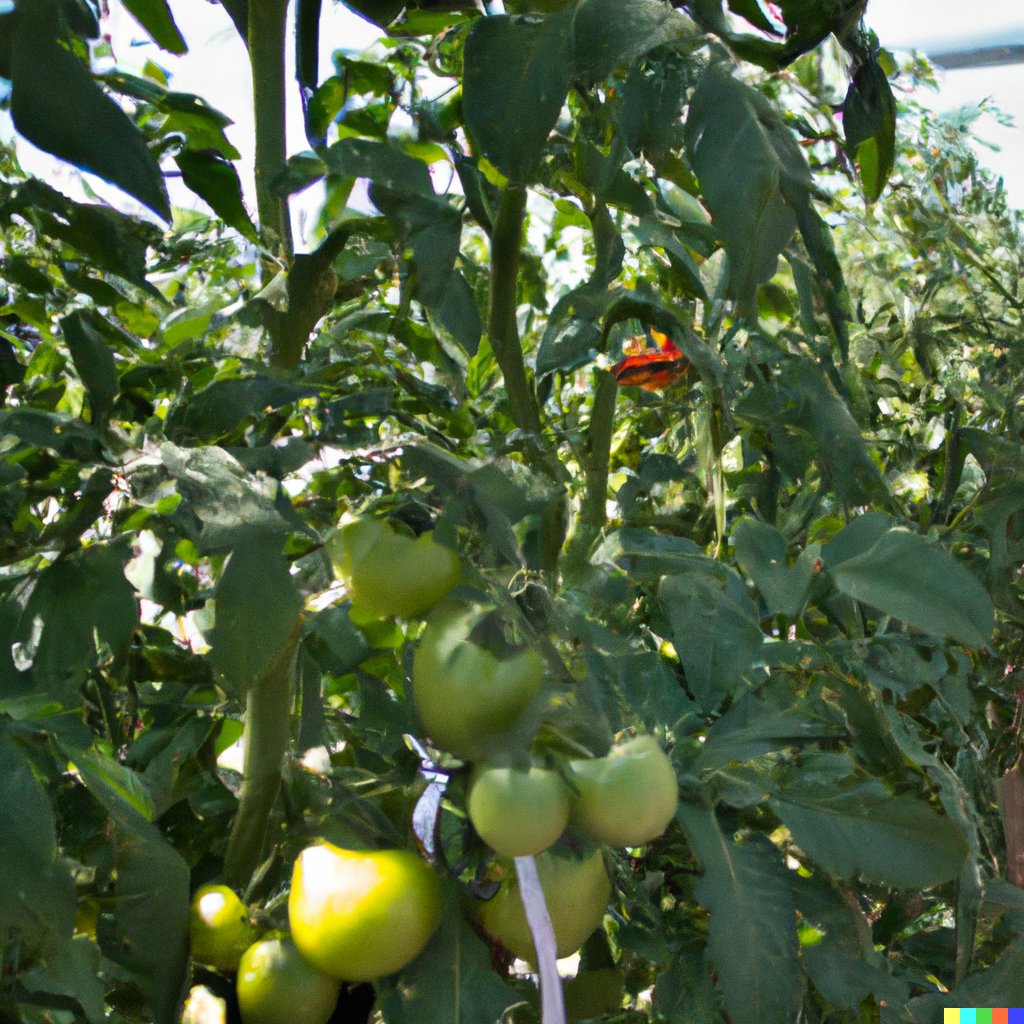
Plastic alternatives have gained significant attention in recent years as the detrimental impact of plastic pollution on the environment becomes more apparent. With the growing concern over plastic waste and its long-lasting effects on ecosystems, many innovative and sustainable alternatives to traditional plastic materials have emerged.
1. Biodegradable Plastics
Biodegradable plastics are designed to break down naturally over time, reducing their impact on the environment. They are typically made from plant-based materials, such as cornstarch or sugarcane, and decompose through natural processes, leaving behind fewer harmful residues.
2. Compostable Plastics
Compostable plastics are another eco-friendly alternative to conventional plastics. These materials are biodegradable under specific conditions and can be composted alongside organic waste, converting into nutrient-rich compost that benefits soil health.
3. Paper and Cardboard
Paper and cardboard have long been used as sustainable alternatives to plastic packaging. They are renewable resources and can be easily recycled, reducing waste and conserving valuable resources.
4. Glass and Metal
Glass and metal containers provide durable and reusable alternatives to single-use plastic bottles and containers. They can be recycled repeatedly without losing their quality, making them environmentally friendly choices for packaging.
5. Beeswax Wraps
Beeswax wraps offer an eco-friendly alternative to plastic wrap for food storage. Made from cotton infused with beeswax, resin, and jojoba oil, these wraps are reusable and biodegradable, reducing the need for disposable plastic wraps.
6. Plant-Based Packaging
Innovations in plant-based packaging have led to the development of materials like cornstarch-based foam and algae-based plastics. These materials offer renewable and biodegradable alternatives for packaging various products.
7. Edible Packaging
Edible packaging is an emerging concept that involves using edible materials to encase food products, eliminating the need for traditional plastic packaging. These materials are safe for consumption or can be easily composted, reducing waste and promoting sustainability.
8. Silicone
Silicone is a versatile alternative to plastic that is durable, reusable, and free from harmful chemicals. It can withstand high temperatures, making it suitable for various food storage and cooking applications.
9. Cloth Bags
Reusable cloth bags are an excellent alternative to single-use plastic bags. They are durable, washable, and can be used repeatedly, reducing the demand for disposable plastic bags.
10. Hemp-Based Products
Hemp-based materials, such as hemp plastic, offer a renewable and biodegradable alternative to traditional petroleum-based plastics. Hemp grows quickly and requires fewer resources to cultivate, making it an eco-friendly option.
Frequently Asked Questions (FAQs) - Plastic Alternatives
Q1: Why are plastic alternatives important?
A1: Plastic alternatives are crucial in addressing the environmental impact of plastic pollution. By choosing sustainable alternatives, we can reduce plastic waste and its detrimental effects on ecosystems and wildlife.
Q2: What are biodegradable plastics, and how do they work?
A2: Biodegradable plastics are made from plant-based materials that break down naturally over time. They decompose through natural processes, reducing their presence in the environment and leaving behind fewer harmful residues.
Q3: Are compostable plastics different from biodegradable plastics?
A3: Yes, compostable plastics are designed to break down under specific composting conditions. They can be composted alongside organic waste, transforming into nutrient-rich compost that benefits soil health.
Q4: How do paper and cardboard serve as plastic alternatives?
A4: Paper and cardboard are renewable resources that have been used as sustainable alternatives to plastic packaging. They are easily recyclable, contributing to waste reduction and resource conservation.
Q5: What are some examples of reusable plastic alternatives?
A5: Reusable glass and metal containers, beeswax wraps, and cloth bags are excellent examples of plastic alternatives that can be used repeatedly, reducing the need for single-use plastics.
Q6: Are edible packaging materials safe for consumption?
A6: Yes, edible packaging materials are designed to be safe for consumption or easily compostable. They provide an innovative solution to reduce plastic waste and promote sustainability in food packaging.
Q7: How does silicone compare to traditional plastics?
A7: Silicone is a durable and reusable alternative to traditional plastics. It is free from harmful chemicals and can withstand high temperatures, making it suitable for various food storage and cooking applications.
Q8: What makes hemp-based materials eco-friendly?
A8: Hemp-based materials, such as hemp plastic, are renewable and biodegradable. Hemp grows quickly and requires fewer resources to cultivate, making it an environmentally friendly option.
Q9: Are plastic alternatives as versatile as traditional plastics?
A9: Plastic alternatives come in various forms and can be just as versatile as traditional plastics for many applications, while also being more sustainable and eco-friendly.
Q10: How can individuals contribute to reducing plastic waste through plastic alternatives?
A10: Individuals can make a difference by choosing reusable and sustainable alternatives in their daily lives, such as using cloth bags, reusable containers, and avoiding single-use plastics.
Conclusion
Plastic alternatives play a crucial role in mitigating the harmful impact of plastic pollution on our environment. As the world grapples with the escalating plastic waste crisis, exploring and embracing sustainable alternatives has become imperative.
From biodegradable and compostable plastics to reusable glass, metal, and cloth bags, these alternatives offer promising solutions to reduce plastic waste and its long-lasting effects on ecosystems and wildlife. Edible packaging and plant-based materials provide innovative ways to address plastic packaging waste, promoting a circular economy and reducing environmental harm.
Embracing plastic alternatives is not only a responsibility but also an opportunity to make a positive change. By choosing eco-friendly options, individuals can actively contribute to reducing their plastic footprint and supporting a cleaner, more sustainable planet.
Collective action is crucial in driving widespread change. Businesses, governments, and consumers all play essential roles in advancing the adoption of plastic alternatives and transitioning towards a more sustainable future.
As research and innovation continue to evolve, it is essential to stay updated on the latest developments in plastic alternatives and integrate them into our daily lives. By making conscious choices and encouraging broader awareness, we can collectively work towards a plastic-free future that benefits both the environment and humanity.
Let us all strive to make a lasting impact through our choices, embracing plastic alternatives and fostering a culture of sustainability. Together, we can pave the way for a cleaner, greener, and more harmonious world.
As the demand for sustainable alternatives continues to grow, ongoing research and technological advancements are likely to lead to even more innovative solutions in the future. Embracing these plastic alternatives can significantly reduce plastic pollution and contribute to a cleaner and more sustainable planet.







